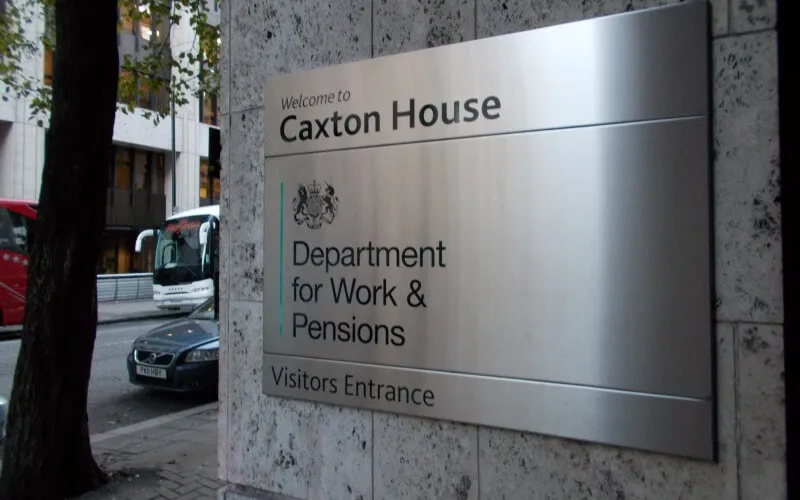Repeated claims by the government that the UK is one of the most generous major economies in the world when it comes to spending on disabled people have been exposed as highly misleading by official figures.
The Department for Work and Pensions (DWP) and its ministers have repeatedly defended themselves against criticisms of cuts to disabled people’s support by comparing their record with other countries.
But that defence has now been exposed as deeply misleading, with official figures from the Organisation for Economic Co-operation and Development (OECD) showing the UK has one of the worst records among major world economies on supporting disabled people.
This week, Disability News Service (DNS) was forced to lodge a complaint with DWP after a press officer refused to say if the department accepted the OECD figures.
The statistics emerged after Esther McVey, the former work and pensions secretary standing to be the new Tory party leader and prime minister, defended her own record in government by claiming – during a BBC interview – that the UK was “one of the most generous countries in our support for disabled people”.
DWP subsequently told Channel 4 News Fact Check, when it tried to confirm that claim, that “as a share of GDP, the UK’s public spending on disability and incapacity is higher than all other G7 countries bar Germany”.
This claim was based on data provided by the OECD group of major world economies, which show that of the G7 countries – Japan, the US, Canada, France, Germany, Italy, and the UK – the UK does spend the second-highest amount as a proportion of GDP.
But what the same figures also show is that, when it comes to public spending on incapacity (including sickness and disability benefits, and social care services), the UK’s spending is only 23rd highest of the 36 OECD members as a proportion of the country’s economic activity (GDP).
They even show the UK is below the OECD average of 1.9 per cent of GDP spent on incapacity.
The OECD figures also show the UK’s performance has worsened since 2010, when a Tory-led coalition took power.
In 2010, the UK was 22nd highest of OECD members, with 2.0 per cent of its GDP spent on incapacity, but had slipped by 2015 to 23rd, with just 1.852 per cent.
And when it comes to European Union members of the OECD, UK spending on incapacity is only 18th highest out of 23.
But when DNS asked if DWP accepted these OECD figures, a spokesperson said: “We’re spending £55 billion this year on benefits to support disabled people and those with health conditions – more than ever before.
“As a share of GDP, the UK’s public spending on disability and incapacity is higher than all other G7 countries bar Germany.”
She refused to say whether DWP accepted the other OECD figures.
DWP has frequently compared its spending on disability with other members of the G7.
In February 2018, DWP responded to the latest criticisms of its record on implementing the UN Convention on the Rights of Persons with Disabilities by saying: “The UK is a recognised world leader in disabled rights and equality and as a share of GDP, our public spending on disability and incapacity is higher than all other G7 countries bar Germany.”
It made a similar point in September 2017, in response to criticisms by the UN’s committee on the rights of persons with disabilities, and also in June 2017, again in connection with breaches of the UN convention.
A note from the editor:
Please consider making a voluntary financial contribution to support the work of DNS and allow it to continue producing independent, carefully-researched news stories that focus on the lives and rights of disabled people and their user-led organisations.
Please do not contribute if you cannot afford to do so, and please note that DNS is not a charity. It is run and owned by disabled journalist John Pring and has been from its launch in April 2009.
Thank you for anything you can do to support the work of DNS…

 Government ignores warnings of new DWP deaths, and UN intervention, as MPs pass universal credit cuts bill
Government ignores warnings of new DWP deaths, and UN intervention, as MPs pass universal credit cuts bill Urgent letter from UN to Labour government warns: We think your cuts continue Tory attack on disability rights
Urgent letter from UN to Labour government warns: We think your cuts continue Tory attack on disability rights Race against time to secure DWP deaths evidence before parliament passes new benefit cuts bill
Race against time to secure DWP deaths evidence before parliament passes new benefit cuts bill